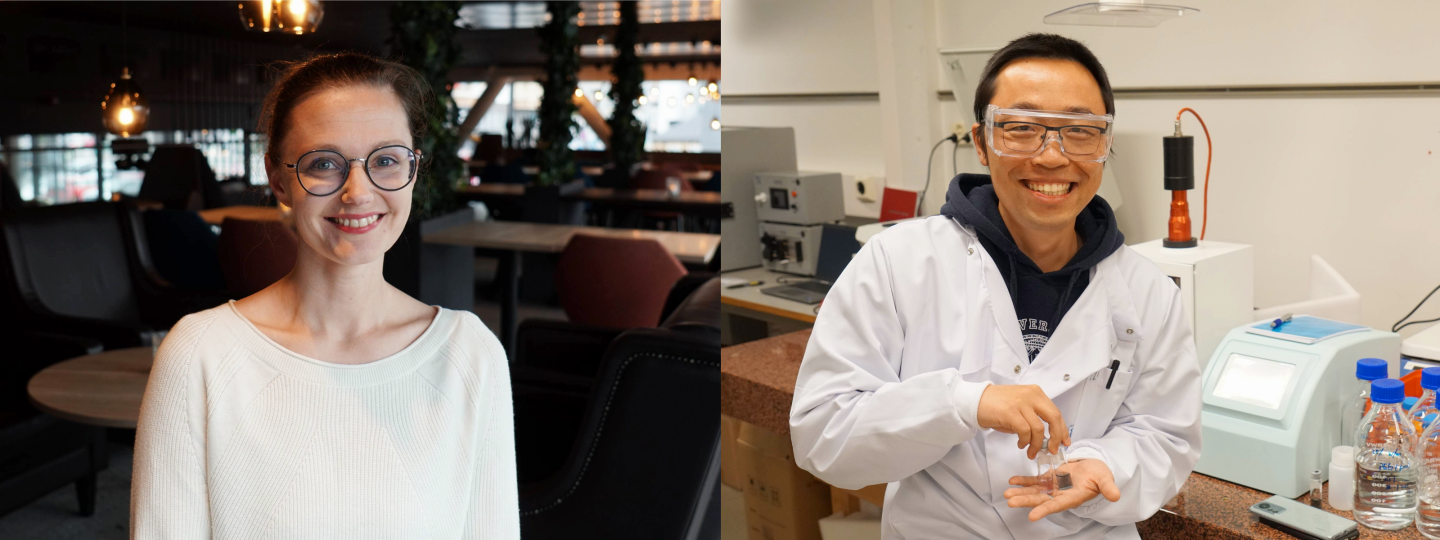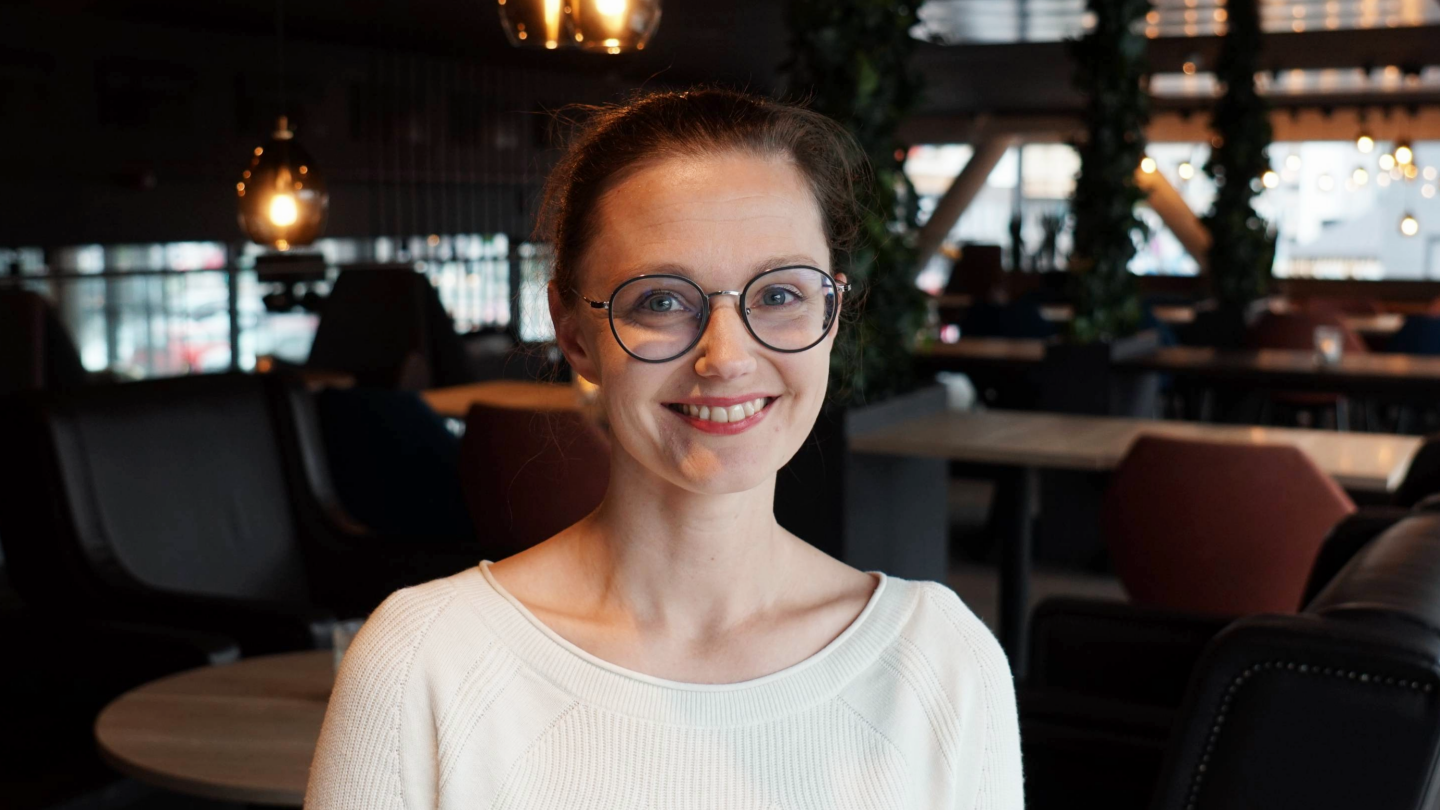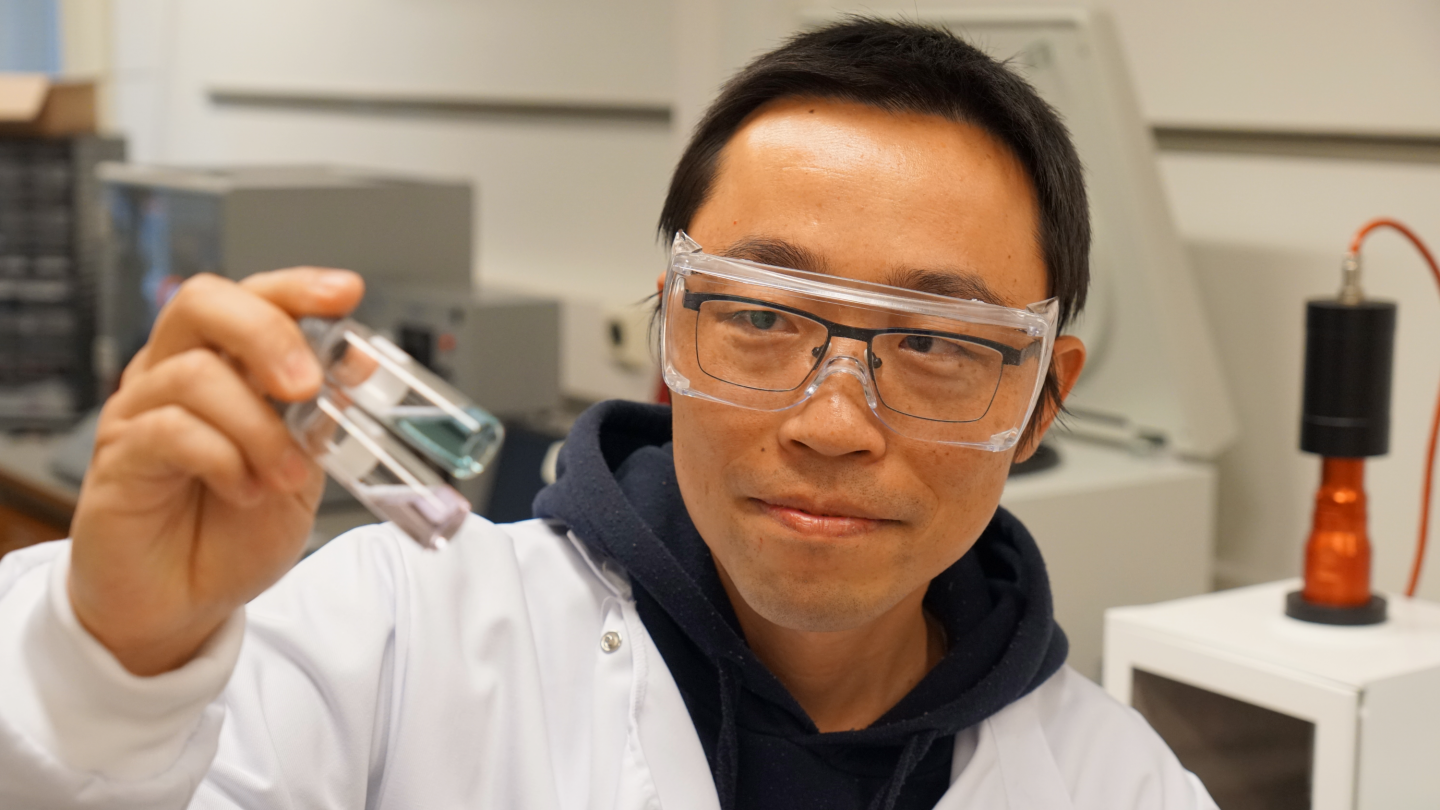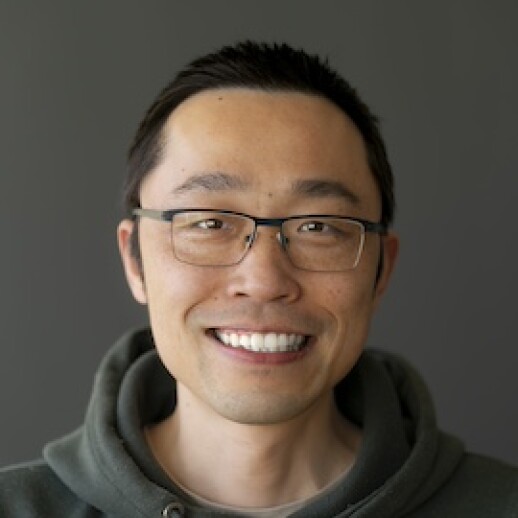Multi-disciplinarity and long-term research are the trump cards of the two research colleges of the University of Turku. Collegium Researchers Mona Mannevuo and Han Li are both inspired by their research topics and emphasise the importance of the three-year period for their careers.
Mona Mannevuo (TIAS Research collegium)
Docent in Political History, Postdoctoral Researcher Mona Mannevuo studies the history of burnout. In January 2012, she joined the Turku Institute for Advanced Studies (TIAS). Now, her three-year research period is nearly over and Mannevuo praises the collegium for having been one of the most significant things on her career.
“Research funding is very fragmented as most of the work is tied to projects. Therefore, I feel very grateful to have been able to focus on my own research for three years,” says Mannevuo.
Mannevuo summarises that the collegium encourages researchers to find their own topic and to apply for bigger fundings. When a scientist finds their own path, they can someday become a leader of their own research group.
Research combines history and present day
Mannevuo studies working life from a multidisciplinary perspective. The topics include emotional structures of working life, history of work intensification, and most recently fatigue phenomena in the history of occupational medicine.
“Currently, I am studying Finnish occupational medicine after the wars and how the international influences of social medicine are visible in Finland,” explains Mannevuo.
Various fatigue phenomena have been recurring for decades in occupational medicine. The symptoms that occurred decades ago were surprisingly similar to, for example, today's burnout, although the terms have changed over time.
As an example of this, Mannevuo introduces the concept of acquired neurasthenia. Neurasthenia dates back to the 19th century and refers to a nerve disease that was caused by a busy life and rapidly developing technology. In the 1950s, it was discovered that neurasthenia can also be acquired through a life filled with excessive workload and activities that one does not have time to do. For an old diagnosis, this sounds very common in the present day.
Mannevuo became interested in the research topic after studying the archives of the Finnish Institute of Occupational Health and discovering interesting information about the development of the Finnish occupational health system. She shows genuine interest in sharing inspiring knowledge, conducting high-quality research as well as popularising science.
“I do not just study history, I want to find out and share stories about why things today are the way they are,” says Mannevuo.
Mannevuo's research is socially relevant and significant. However, she emphasises that she studies the history of the present and does not wish to use her research to give advice on how to act in the future.
“I have, for example, been speaking in the Finnish Parliament about my research related to the work load of the members of Parliament, however, I do not want to act as any kind of a consultant. I prefer to bring out the forgotten and even surprising things from the past,” notes Mannevuo.
Continuing research and publishing
The TIAS research period has given Mannevuo time to focus on long-term research. She has plans with an international publisher for a monographic book aimed at researchers. In addition, Mannevuo is writing a more popularised book in Finnish about the history of fatigue.
“Next, I would like to study the distribution of public and private health services. Specifically, how people with illnesses that can be difficult to recognise or treat navigate the healthcare system,” concludes Mannevuo.
Han Li (TCSMT Collegium)
Collegium researcher and junior group leader Han Li researches carbon nanomaterials. He has joined the Turku Collegium for Science, Medicine and Technology (TCSMT) in September 2023 and has the whole three-year period ahead.
"I believe the collegium position will allow me to network with other scientists of different fields and bring out innovations. It is also a great freedom to do my own research for the next three years", Li states.
Main reason why Li wanted to come to University of Turku and to live in Finland is research position at TCSMT and the concept of the collegium.
"The work at the collegium is very inspiring because it brings together people from different fields of research. Shared ideas can be very disruptive and spark innovation", Li highlights.
Tiny materials with big prospects
Li’s material’s engineering research is about nanomaterials, especially carbon nanotubes. Nanomaterials are materials of a very small size. For example, the carbon nanotubes Li is focused on are formed from rolled up sheets of graphene, which is only a single layer of carbon atoms arranged in a hexagonal lattice. This thin sheet that forms nanotubes is approximately 100,000 times thinner than one human hair.
According to Li, carbon nanomaterials are especially interesting due to the unique behaviors of their electrons when separated and studied on a very small scale. He gives a metaphorical example: "When being alone, more introverted people have different properties such as becoming more creative and introspective. Similarly, electrons in carbon nanomaterials also show unique 'personalities' or different properties when confined."
Li’s inspiration to focus on nanomaterials comes from the multi-functionality of the material. It has numerous application possibilities from medical devices to sustainable energy production. For example, Li and his colleagues have made publications on highly efficient solar cells that use carbon nanomaterial.
"We can use these materials to build biosensors that can someday detect various diseases much earlier than current devices. To achieve this, we need to bring together materials science, medical technology, and even machine learning. If this research can one day be used for people’s health, it’s worth putting a lot of time and effort into studying this", Li explains.
Pursuing groundbreaking development
Li has actively published articles during this year and he looks forward for more.
"In the future I’m very interested in researching more these well-defined materials. We can use the materials to better understand the fundamentals of quantum physics and develop quantum technology", Li tells.
According to Li’s first impression the level of research in Materials Engineering at University of Turku is good. He started his education in China and has gained experience at various institutes in Germany and the United States, but he says the University of Turku is one of the best in Europe.
"The University of Turku is full of young people enthusiastic about science which is a very positive thing for the future of our research", Li praises.




